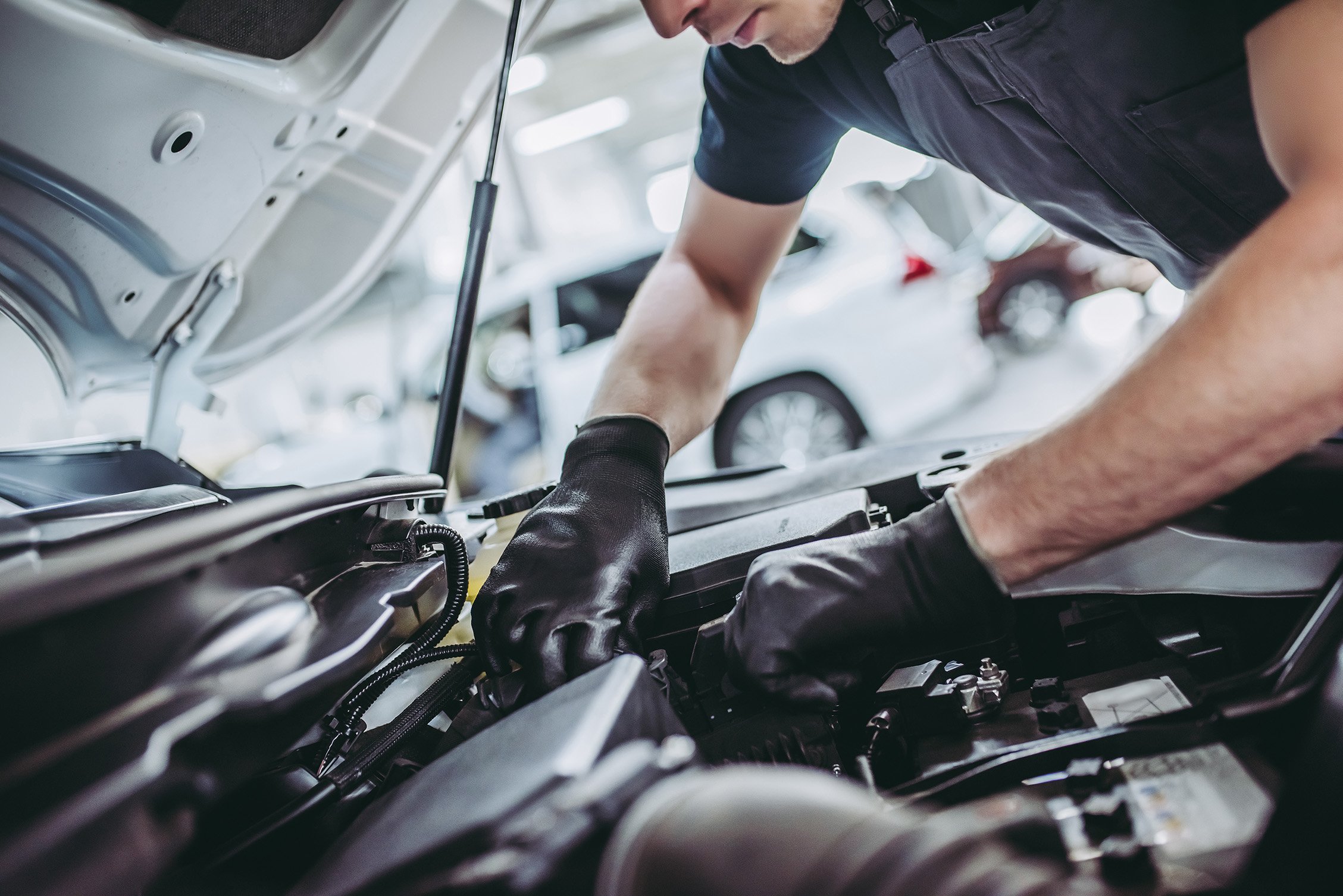All Categories
Featured

Maintaining your vehicle in peak problem calls for focus to numerous maintenance tasks, with fluid checks being amongst the most essential. Lorry liquids play vital functions in ensuring smooth operation, security, and long life. Disregarding fluid maintenance can lead to significant efficiency concerns or pricey repair work. Below, we'll discover the importance of checking and maintaining your car's liquids and ideas for doing so properly.
- Engine Oil: Safeguarding Vital Parts. Engine oil makes sure that the relocating components of your engine remain lubricated, reducing rubbing and preventing overheating. In time, engine oil breaks down or becomes contaminated, decreasing its effectiveness. Without appropriate lubrication, engine parts can put on out promptly, bring about decreased performance or full failure.
Exactly How to Keep: Check the oil level utilizing the dipstick and complement if required. Follow your lorry's solution schedule for oil changes, usually every 3,000 to 7,500 miles, relying on the type of oil and your driving routines. 2. Coolant: Taking Care Of Engine Temperatures. Coolant, or antifreeze, assists manage your engine's temperature, stopping overheating in summer season and freezing in wintertime. As it distributes, coolant absorbs excess warmth and resolves it through the radiator. In time, pollutants can develop, or the liquid might break down, decreasing its performance.

How to Preserve: Consistently check coolant degrees in the reservoir and examine for leakages or staining. Flush and replace coolant as suggested, usually every 2 to 5 years. 3. Transmission Liquid: Smooth Gear Operation. Transmission liquid oils the transmission system and makes certain smooth gear changes. A well-maintained transmission fluid prevents overheating and protects internal parts from wear. Failing to keep this liquid can cause expensive repairs or replacements.
Just How to Preserve: Check the fluid levels (if your lorry has a dipstick for transmission liquid) and monitor its color. Burnt or dark liquid indicates it's time for an adjustment, usually every 30,000 to 60,000 miles. 4. Brake Fluid: Ensuring Safety And Security. Brake fluid is necessary for moving stress from your foot on the brake pedal to the stopping system, enabling your automobile to quit effectively. Gradually, brake liquid can soak up moisture, minimizing its boiling factor and endangering stopping performance.
Exactly How to Keep: Check the brake fluid degree and problem. If it shows up dark or filthy, have it replaced. Several manufacturers suggest changing brake liquid every 2 years or as required. 5. Power Steering Liquid: Easy Maneuverability. Power guiding liquid permits effortless and smooth steering. Low levels or infected liquid can make guiding difficult, raising the danger of crashes.
Exactly How to Maintain: Examine the fluid on a regular basis and refill if degrees are low. Keep an eye out for leakages, which could lead to steering system damage if unresolved. 6. Windscreen Washing Machine Fluid: Clear Exposure. Though not connected to efficiency, windscreen washing machine liquid is essential for keeping presence. It aids maintain the windscreen tidy, particularly during poor weather condition or when dust accumulates.

Just How to Maintain: Refill the tank as required and utilize washer fluid designed for your climate to prevent cold or spotting. Finest Practices for Liquid Upkeep. Comply with the Maker's Schedule: Describe your vehicle's owner handbook for upkeep periods details to your car. Monitor for Leaks: Identifying liquid leaks early can stop serious damage. Search for puddles or discolorations under your car. Use the Correct Fluids: Constantly use liquids advised by your car's producer to stay clear of compatibility issues. Take Note Of Caution Signs: Control panel caution lights, unusual smells, or unusual efficiency can show fluid-related troubles. The Advantages of Regular Fluid Checks. Boosted Efficiency: Liquids in good condition help all systems run efficiently. Extended Life-span: Appropriate lubrication and cooling stop premature wear and tear on parts. Improved Security: Brake liquid and coolant are vital for risk-free driving. Price Savings: Attending to fluid issues early can stop pricey repair work later on. Final thought. Monitoring and preserving your vehicle's liquids is a important yet straightforward component of automobile ownership. Whether it's oil, coolant, or brake fluid, staying proactive with maintenance is the essential to long-lasting automobile health and wellness.
Latest Posts
Experience WyHy FCU – Top Benefits for Your Future
Published May 26, 25
1 min read
Experience Your Financial Partner at WyHy – Essential Perks for Your Financial Success
Published May 26, 25
1 min read
Uncover the Leading Auto Repair Coupons in Montclare, Chicago
Published May 24, 25
1 min read
More
Latest Posts
Experience WyHy FCU – Top Benefits for Your Future
Published May 26, 25
1 min read
Experience Your Financial Partner at WyHy – Essential Perks for Your Financial Success
Published May 26, 25
1 min read
Uncover the Leading Auto Repair Coupons in Montclare, Chicago
Published May 24, 25
1 min read